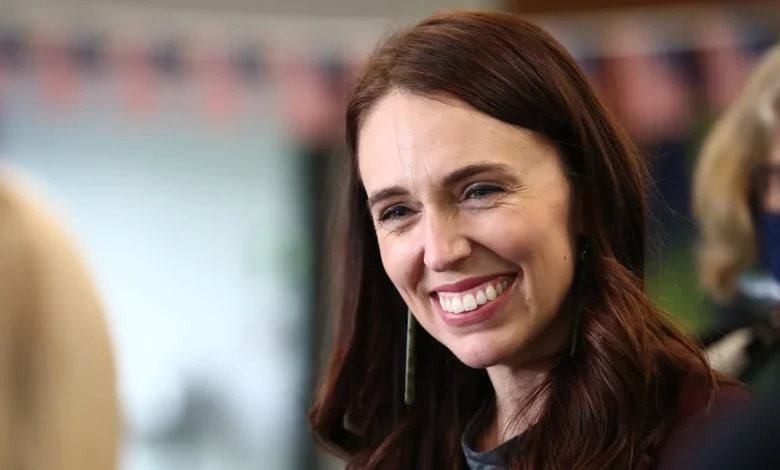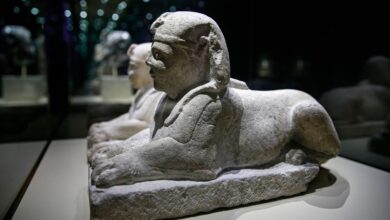
Prime Minister Chris Hipkins announced the appointment on Monday to mark the King’s Birthday public holiday, with Ardern among 182 recipients receiving various honors for their contributions to the country.
“Having served as Prime Minister from 2017 to 2023, Dame Jacinda Ardern is recognized for her service to New Zealand during some of the greatest challenges our country has faced in modern times,” Hipkins said in a statement.
“Leading New Zealand’s response to the 2019 terrorist attacks and to the Covid-19 pandemic represented periods of intense challenge for our 40th Prime Minister, during which time I saw first hand that her commitment to New Zealand remained absolute.”
Hipkins hails from the same party as Ardern, the Labour Party, and succeeded her as leader.
The move grants Ardern the title of Dame Grand Companion of the New Zealand Order of Merit. The Order of Merit, established in 1996, is awarded to those in any field who have performed “meritorious service to the Crown and the nation” or who are known for their “eminence, talents, contributions, or other merits,” according to the government site.
In a statement to CNN affiliate Radio New Zealand (RNZ), Ardern said she was “incredibly humbled” by the accolade.
“I was in two minds about accepting this acknowledgment,” she said. “So many of the things we went through as a nation over the last five years were about all of us rather than one individual.”
“But I have heard that said by so many Kiwis who I have encouraged to accept an honour over the years. And so for me this a way to say thank you – to my family, to my colleagues, and to the people who supported me to take on the most challenging and rewarding role of my life.”
When Ardern became the country’s prime minister in 2017 at the age of 37, she was New Zealand’s third female leader and one of the youngest leaders in the world. Within a year, she had become only the second world leader to give birth in office.
Her time in power was defined by multiple crises, including the Christchurch terrorist attack, a deadly volcanic explosion, and the pandemic.
She quickly became a progressive global icon, remembered for her empathy while steering New Zealand through these crises and for taking her baby daughter to the United Nations General Assembly.
However, at home her popularity ebbed amid the rising cost of living, housing shortages and economic anxiety. And she faced violent anti-lockdown protests in the capital Wellington, with threats made against her.
Ardern announced her shock resignation in January, saying she no longer had enough fuel in the tank to contest an election – prompting a wave of praise and warm farewells from other world leaders and her many international admirers.
In April, she revealed she will head to Harvard University this fall to complete two fellowships at the Harvard Kennedy School, the university’s school of public policy and government. She will be gone for a semester, missing out on the New Zealand general election, but will return at the end of the fellowships, she said.




